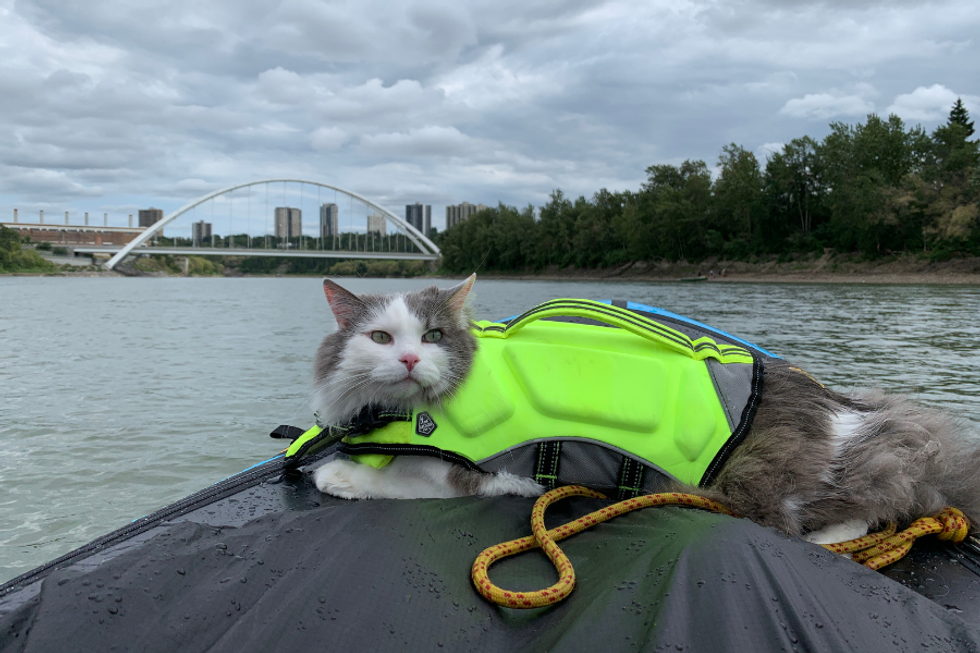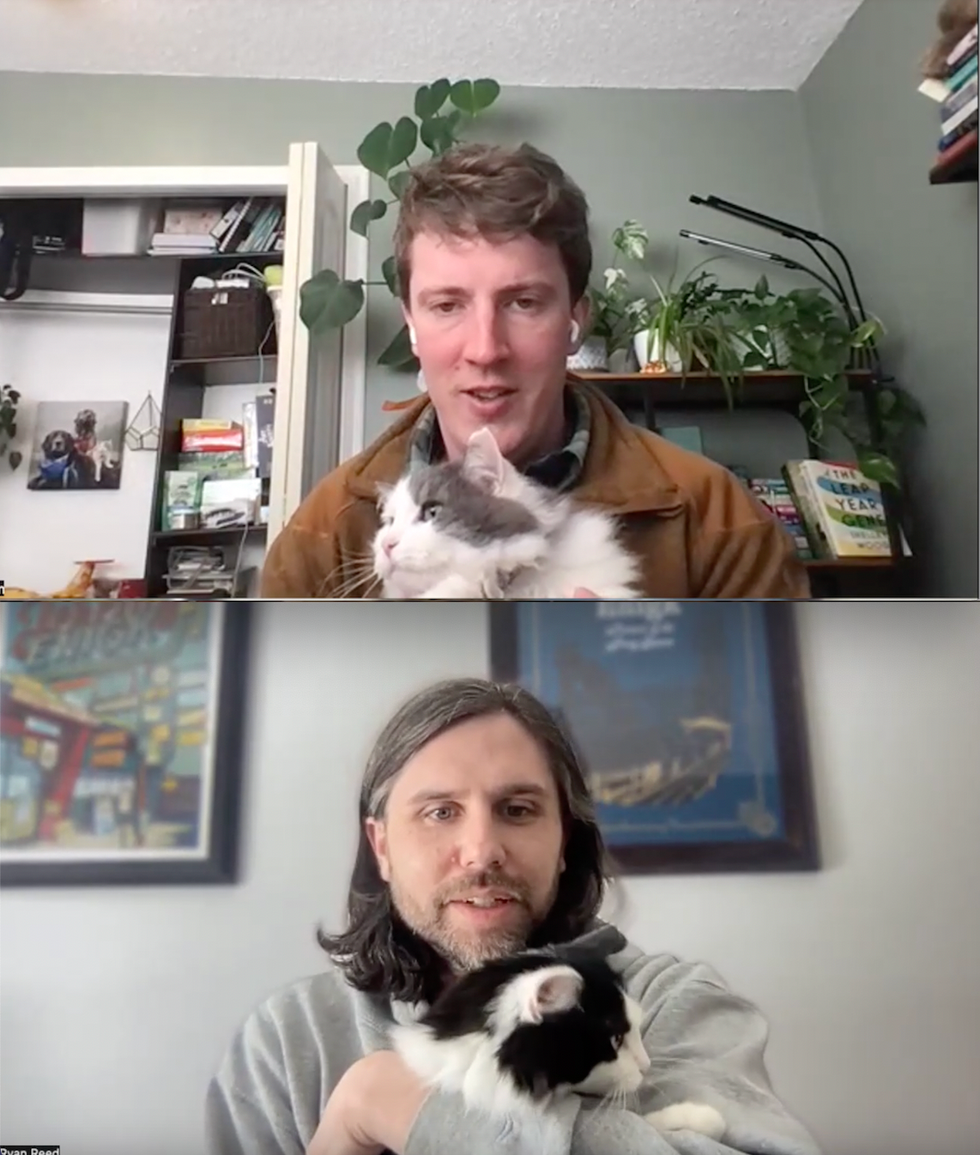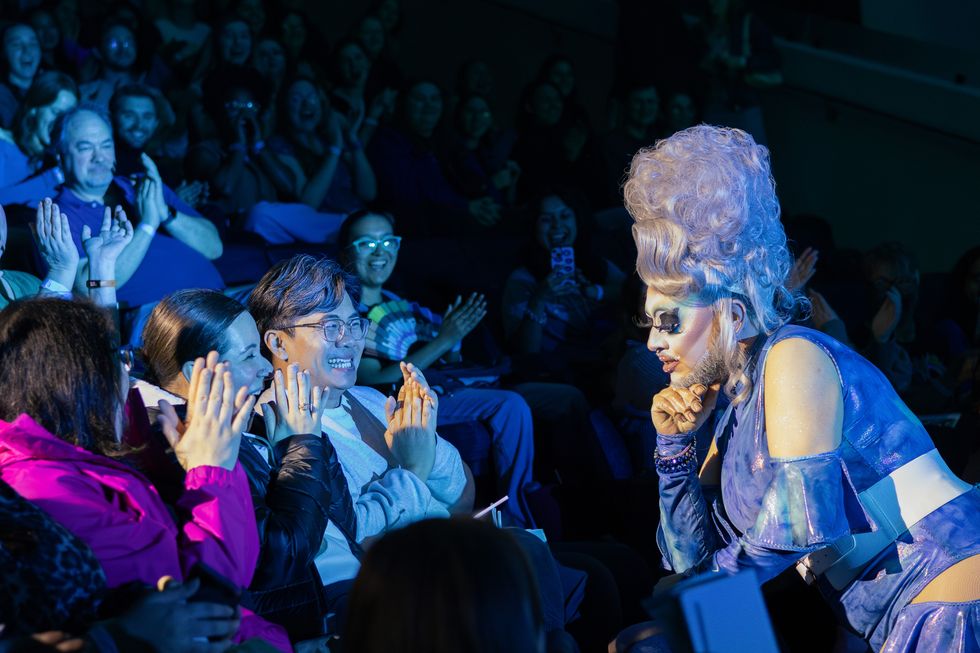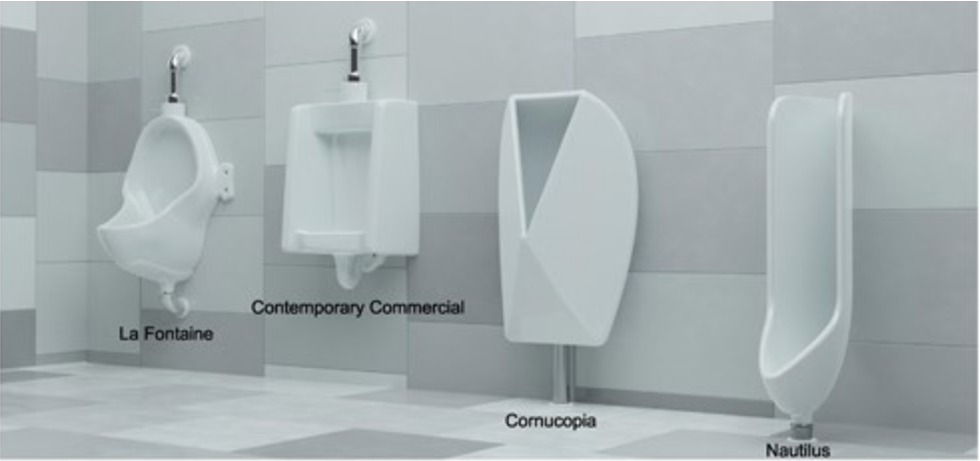By Maya Kachroo-Levine
In the last few years, the gig economy has transformed the way we work. The freelance life has taken off, and it’s estimated that 35% of the workforce now participates in independent contract work.
Washington Leadership Academy — a public charter school located in Washington, D.C. — is adapting to this evolving workforce in a creative way. They’re integrating independent contractors, offering part-time teaching positions so that their high school students can be exposed to fields most students don’t hear about until halfway through their college careers. This allows students to glimpse different fields while gaining real insight into how professionals are successfully navigating an entirely new work culture.
“Students take photography with a digital photography expert, DJing and music production from actual DJs and producers, and software engineering with an actual engineer,” says the school’s co-founder and executive director, Stacy Kane.
Afternoon electives are when this all happens, which means the mornings tend toward a more typical high school curriculum. The electives are fairly tech-focused, and the intent is that graduates will be experts in computer science and programming, among other technology-related specialties.
[quote position="full" is_quote="false"]Each year, approximately 100 students will graduate — largely from minority backgrounds — and Kane says she wants the possibilities for each student to be endless.[/quote]
That shouldn’t be too much of a stretch, seeing as many students are starting their own tech-savvy side hustles while still in high school. “Our students are gearing up to be major players in the gig economy—10% of them already have side jobs building websites or consulting regarding technology,” says Kane. “One student has already launched his own tech company called Tau VR. We anticipate that all of our students will be able to make good money before, during, and after college, doing things they love.”
Tech isn’t restricted to the afternoon electives; It finds its way into every aspect of school, from lesson plans to homework to afterschool activities. In fact, Kane says every teacher uses technology in every classroom, whether that means assigning YouTube explorations in a science class or recording explanations of mathematical concepts.
“All teachers use tech to leverage themselves for the kids. As a result, academics are much more personalized for all students. Instead of teaching the same thing to every student, we can teach exactly what students need to know when they need to know it,” says Kane.
They are even looking to expand virtual reality throughout the curriculum beyond elective courses. VR would fit comfortably with the rest of the curriculum, in addition to the electives like 3D printing, custom screen-printing, video editing and production, and virtual reality production that they already offer.
[quote position="full" is_quote="false"]With such high-level subjects, it’s easy to imagine students falling behind or losing interest. But in reality, the opposite is true.[/quote]
The students are ready to put the skills they’re learning to use outside the classroom.
Sophomore Naia McNatt is taking computer science this year and has decided she wants to start a tech company and be “the next Bill Gates.” Three of her 10th-grade computer science classmates are also making big plans already; Zyquan Thomas now wants to be a web developer, Rushea Davis wants to own her own business, and Maria Flora Zamudio wants to teach computer science.
“I'm interested in the technology part of physical therapy,” says sophomore Kevin Baker. “I was interested in physical therapy before but I was more interested in the personal training side of it. Now I know you can use technology to do a lot of different testing on the body to make physical therapy more effective. Having a mandatory computer science class has helped me learn about it.”
“I didn't know about technology before I came here,” he continues, “but now I feel like I know more than the average person.”
Washington Leadership Academy is trying to bring their students up to expert-level, such that they can apply the skills they’re learning to jobs in the immediate future. These aren’t just the students who are going to major in computer science at Stanford; they’re the ones who are going to start companies before college — and run them out of their dorm rooms.
All images provided by XQ.
















 Let us all bow before Gary, the Internet's most adventurous feline. Photo credit: James Eastham
Let us all bow before Gary, the Internet's most adventurous feline. Photo credit: James Eastham Gary the Cat enjoys some paddling. Photo credit: James Eastham
Gary the Cat enjoys some paddling. Photo credit: James Eastham James and Gary chat with Ryan Reed and Tony Photo credit: Ryan Reed
James and Gary chat with Ryan Reed and Tony Photo credit: Ryan Reed

 Rock deterioration has damaged some of the inscriptions, but they remain visible. Renan Rodrigues Chandu and Pedro Arcanjo José Feitosa, and the Casa Grande boys
Rock deterioration has damaged some of the inscriptions, but they remain visible. Renan Rodrigues Chandu and Pedro Arcanjo José Feitosa, and the Casa Grande boys The Serrote do Letreiro site continues to provide rich insights into ancient life.
The Serrote do Letreiro site continues to provide rich insights into ancient life.

 The contestants and hosts of Draggieland 2025Faith Cooper
The contestants and hosts of Draggieland 2025Faith Cooper Dulce Gabbana performs at Draggieland 2025.Faith Cooper
Dulce Gabbana performs at Draggieland 2025.Faith Cooper Melaka Mystika, guest host of Texas A&M's Draggieland, entertains the crowd
Faith Cooper
Melaka Mystika, guest host of Texas A&M's Draggieland, entertains the crowd
Faith Cooper


